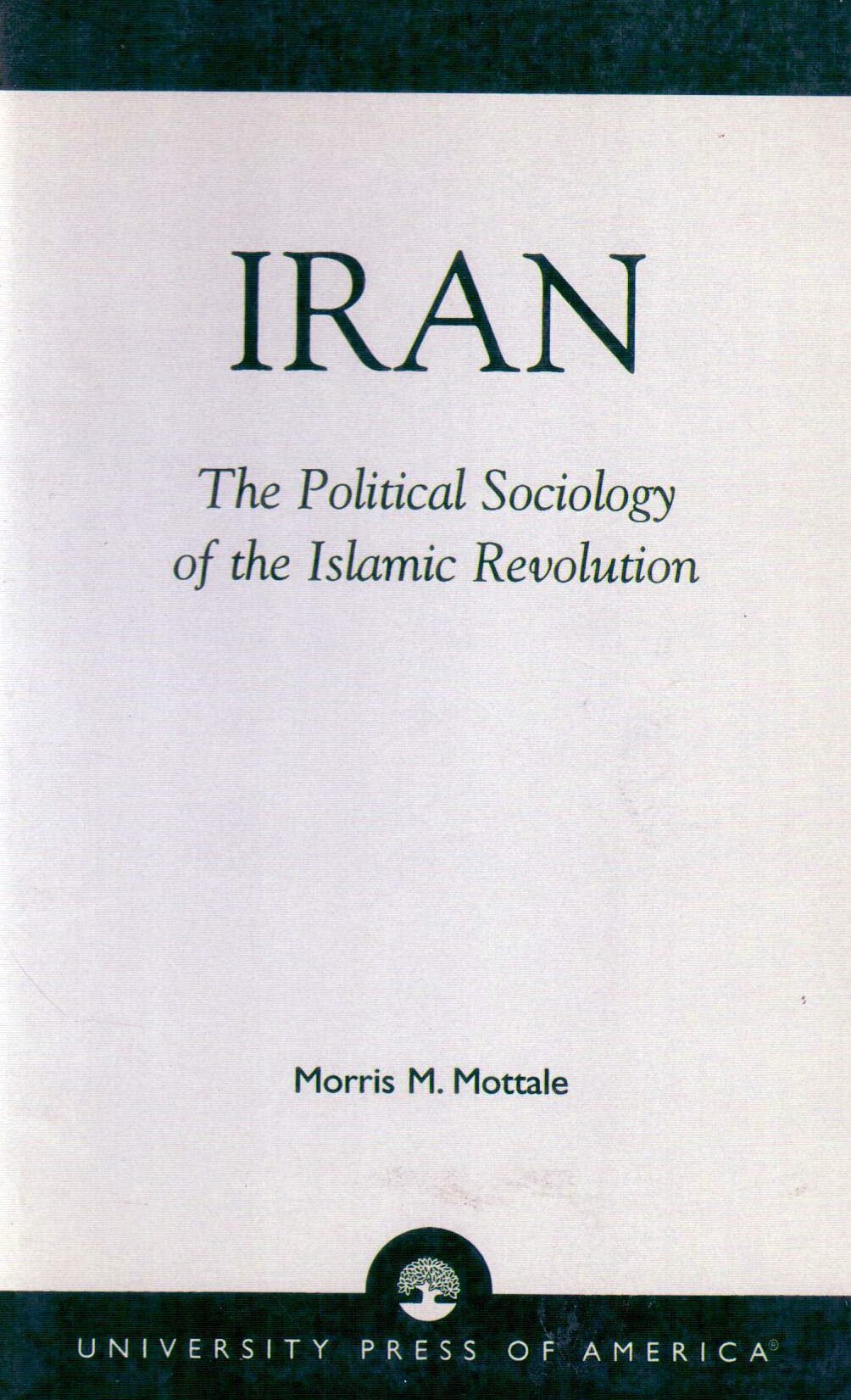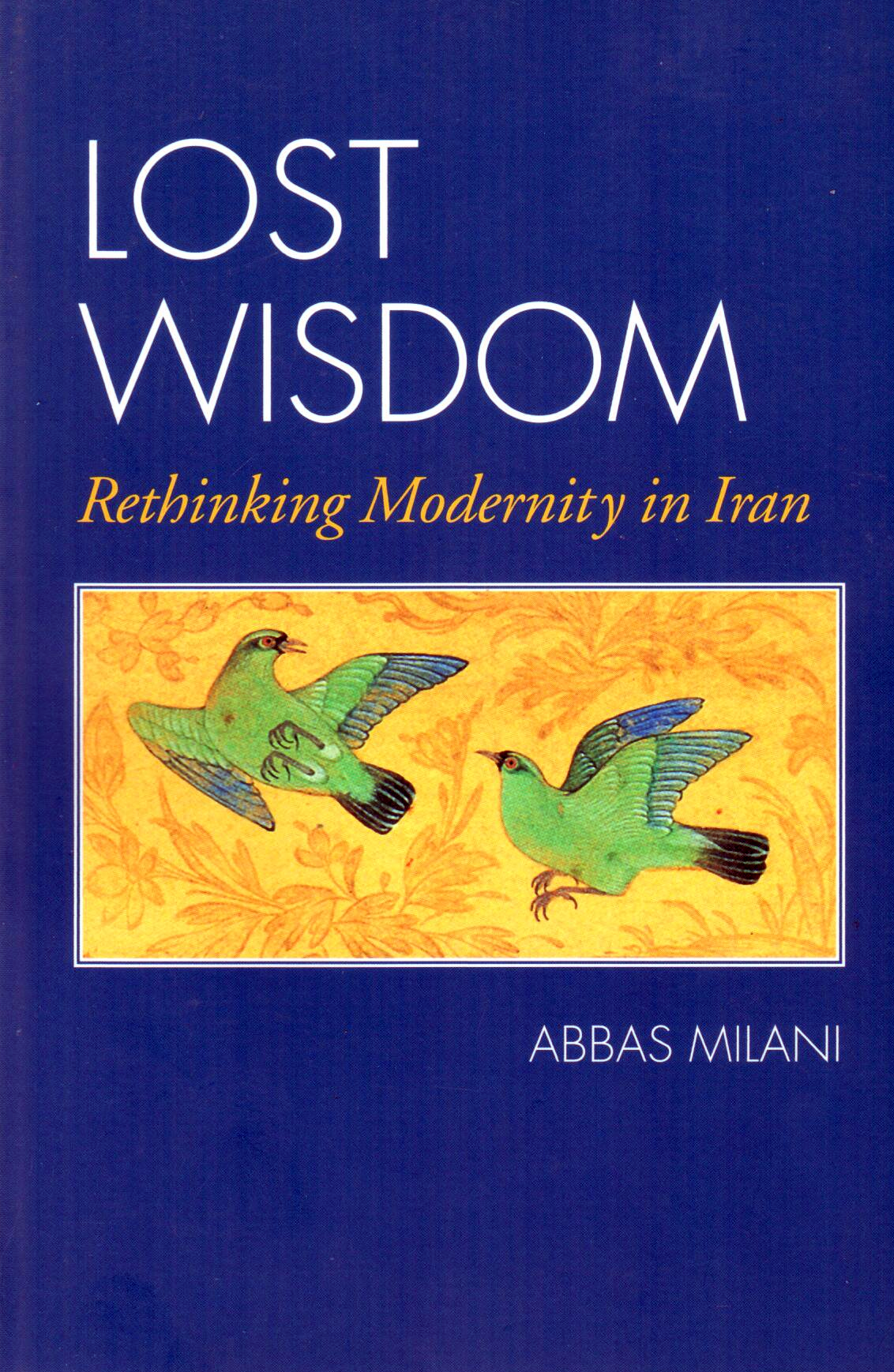Iran: The Political Sociology of the Islamic Revolution: Engelska 1995
Iran: The Political Sociology of the Islamic Revolution
1,25 £
Dela
Wishlist
Originaltitel:
ایران: جامعه شناسی سیاسی انقلاب اسلامی
ISBN:
0819197432
Förlag:
University Press of America
Åldersgrupp:
Vuxen
Sidor:
71
Vikt:
110 g
Produktmått:
14 x 21 x 0
,
7 cm
Bokomslag:
Pocketbok
This book fulfills a need for a concise, comprehensive work on the Iranian Islamic Revolution, an event that has often been placed in the classificatory context of the greater and lesser revolutions of the 20th century. The Iranian revolution in the late 20th century has acquired a special significance because of the rise of the so-called Islamic fundamentalism. The Iranian experience was the first political experiment to reflect this phenomenon and it is crucial for students of the subject to understand the details of Khomeini's experiment. The revolution in Iran foreshadowed the clash between modernity and tradition that has now engulfed North Africa and the Middle East. The phenomenon of Khomeini challenges many of the assumptions that have underlined theories and models of progress and development in the Western and non-Western world. Iran: The Political Sociology of the Islamic Revolution brings this critical topic skillfully to the forefront.
more
This book fulfills a need for a concise, comprehensive work on the Iranian Islamic Revolution, an event that has often been placed in the classificatory context of the greater and lesser revolutions of the 20th century. The Iranian revolution in the late 20th century has acquired a special significance because of the rise of the so-called Islamic fundamentalism. The Iranian experience was the first political experiment to reflect this phenomenon and it is crucial for students of the subject to understand the details of Khomeini's experiment. The revolution in Iran foreshadowed the clash between modernity and tradition that has now engulfed North Africa and the Middle East. The phenomenon of Khomeini challenges many of the assumptions that have underlined theories and models of progress and development in the Western and non-Western world. Iran: The Political Sociology of the Islamic Revolution brings this critical topic skillfully to the forefront.
more










